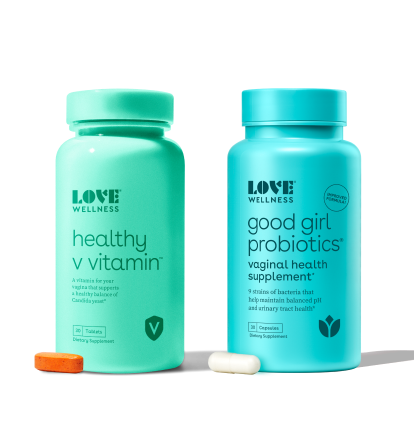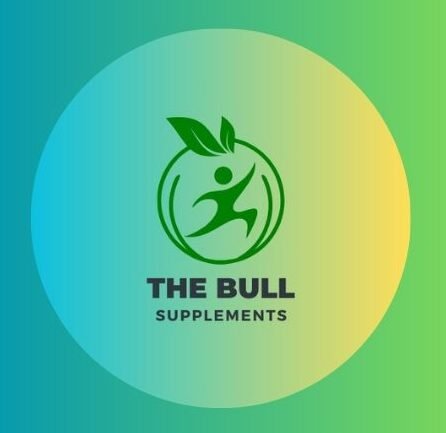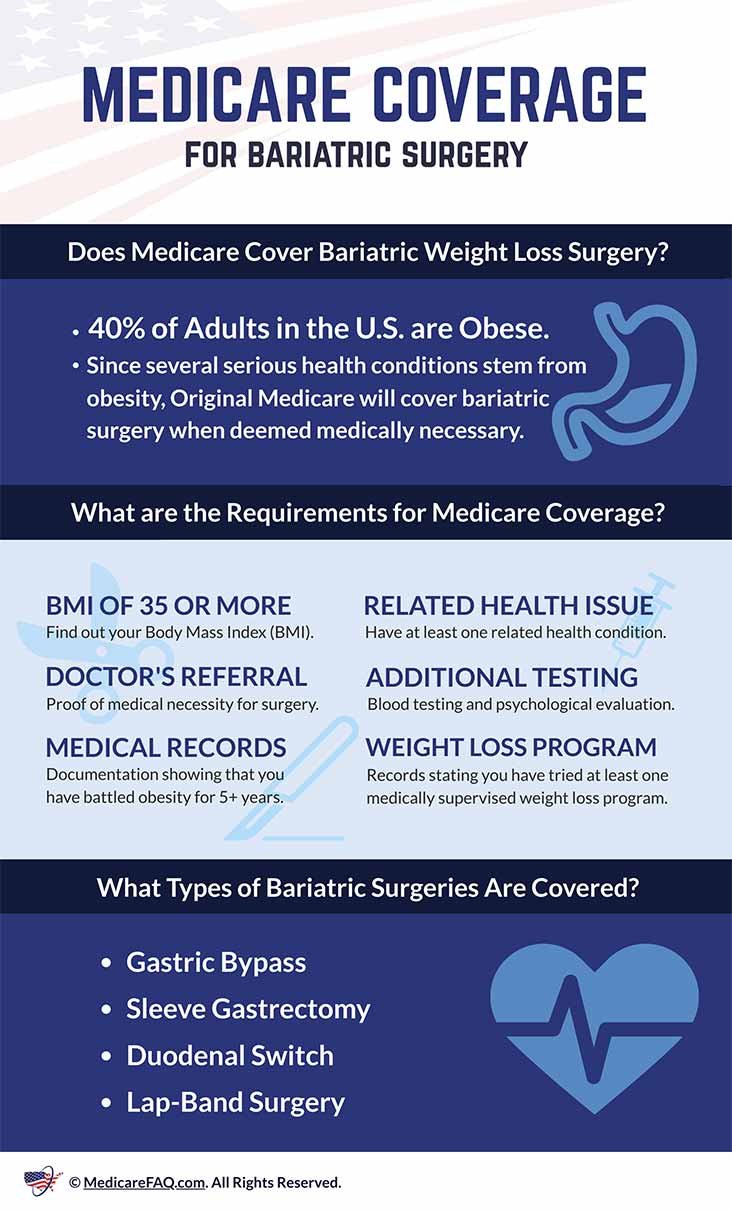Vitamins B-complex, Vitamin D, and Vitamin E support vaginal health. Probiotics are also essential for maintaining a balanced vaginal flora.
Maintaining vaginal health is crucial for overall well-being, and certain vitamins play a significant role in this aspect of women’s health. A diet rich in B-complex vitamins can help improve the mucous membranes of the vagina, while Vitamin D is key for immune function, which in turn helps prevent infections.
Vitamin E contributes to good skin health, which is beneficial for the delicate tissues of the vagina. Additionally, probiotics, though not a vitamin, are integral in sustaining a healthy balance of bacteria, reducing the risk of imbalances that could lead to issues like bacterial vaginosis or yeast infections. With the right nutritional support, women can help ensure a healthy vaginal environment, ward off infections, and potentially enhance comfort during menstruation and sexual activity.
Introduction To Vaginal Health
Maintaining vaginal health is vital for a woman’s overall well-being. A healthy vagina is naturally acidic and contains rich quantities of beneficial bacteria that help fend off infections and maintain a normal vaginal pH. It’s also self-cleaning and maintains your natural balance, ensuring that everything is functioning properly. Let’s explore the key vitamins that not only support but enhance vaginal wellness.
Significance Of Vaginal Wellness
A healthy vagina supports reproductive health, urinary health, and sexual wellness. Proper care can help prevent common issues like yeast infections, bacterial vaginosis, and urinary tract infections. Ensuring your body gets the right vitamins is one way to support vaginal health.
Factors Affecting Vaginal Health
Several factors can impact the balance in the vaginal environment:
- Hormonal Changes: Phases like menstruation, pregnancy, and menopause can affect vaginal balance.
- Antibiotics: They may kill beneficial bacteria along with the harmful ones.
- Diet: Eating habits can influence vaginal health.
- Hygiene Practices: Such as douching, which can upset the natural flora.
- Sexual Activity: Intercourse and new sexual partners can introduce new bacteria.
Role Of Vitamins In Bodily Functions
Vitamins play a key role in maintaining vaginal health. They support various bodily functions. From cellular repair to immune system defense. When it comes to vaginal health, the right balance of vitamins is essential.
Vitamins And Cellular Health
Vitamins are vital for cell growth and repair. They help cells function properly. Our bodies need them for tissue maintenance, including the vaginal lining. Key vitamins for cellular health include:
- Vitamin A: Essential for cell reproduction. It also boosts the immune system.
- Vitamin C: An antioxidant that repairs tissues. It helps the body produce collagen.
- Vitamin E: Protects cell membranes. It also maintains healthy skin and eyes.
- B Vitamins: Aid in cell metabolism. They convert food into energy.
Nutrients And Immune Support
The immune system defends against infections. A strong immune system is key for a healthy vagina. Nutrients that bolster immune health:
| Vitamin | Role |
|---|---|
| Vitamin D | Regulates immune response. Fights off harmful bacteria. |
| Vitamin B6 | Supports biochemical reactions. Helps the immune system function. |
| Zinc | Crucial for immune cell development. Fights off viruses and bacteria. |
Each vitamin contributes to a healthy vaginal ecosystem. A balanced diet ensures adequate vitamin intake. Supplements are another option. Always consult a healthcare provider before starting any supplement regimen.
Vitamin A: Reproductive Health Ally
Vitamin A plays a crucial role in maintaining healthy reproductive systems. For those aiming to keep their vaginal health in check, this vitamin is a key player. It supports the mucous membranes lining the vagina, offering a barrier against infections and promoting overall wellness.
Sources of Vitamin ASources Of Vitamin A
To boost your Vitamin A intake, consider these nutrient-rich foods:
- Carrots and sweet potatoes, bursting with beta-carotene
- Leafy greens like spinach and kale
- Liver and other organ meats for the non-vegetarians
- Dairy products such as milk and cheese
Vitamin A And Tissue Repair
Here’s how Vitamin A aids in tissue repair:
- Enhances cell growth for healing the vaginal lining
- Fights inflammation, reducing the risk of infections
- Ensures proper maintenance of tissues within the reproductive organs
B Complex Vitamins: Hormonal Balance & Energy
The journey to optimal vaginal health is multifaceted. B Complex vitamins play a crucial role. They help maintain hormonal balance and boost energy. This balance is essential for a healthy vaginal environment.
Benefits From B Vitamins
B Complex vitamins offer many benefits for overall well-being.
- Regulation of menstrual cycles becomes easier with balanced hormones.
- They promote energy production, fighting fatigue.
- These vitamins keep stress levels low. Stress can impact vaginal health.
- Healthy skin and mucous membranes are supported, which line the vagina.
B Vitamins In The Diet
Ensuring an adequate intake of B vitamins is simple with the right foods.
| Vitamin | Sources |
|---|---|
| B1 (Thiamine) | Whole grains, nuts, seeds, pork |
| B2 (Riboflavin) | Milk, eggs, lean meats, green vegetables |
| B3 (Niacin) | Chicken, tuna, lentils, beans |
| B5 (Pantothenic Acid) | Avocado, yogurt, mushrooms, eggs |
| B6 (Pyridoxine) | Bananas, chickpeas, fortified cereals |
| B7 (Biotin) | Nuts, sweet potatoes, eggs, onions |
| B9 (Folate) | Leafy greens, citrus fruits, beans, peas |
| B12 (Cobalamin) | Fish, shellfish, dairy, fortified soy products |
Integrating these into meals can lead to better vaginal health. A diet rich in B vitamins also supports overall health.
Vitamin C: Immune Booster And Collagen Synthesizer
Vitamin C plays a crucial role in maintaining vaginal health. It’s not only an immune booster but also vital for synthesizing collagen. This helps keep the vaginal walls strong and healthy. Learning about the benefits of Vitamin C could provide valuable insights into enhancing overall reproductive health.
Antioxidant Properties Of Vitamin C
Vitamin C is a powerhouse when it comes to protecting the body. Its antioxidant properties fight harmful free radicals. These free radicals can damage cells, including those in the vaginal area.
Natural Sources Of Vitamin C
Finding natural sources of Vitamin C is simple. Fresh fruits and vegetables are packed with this essential nutrient. Let’s list some of the best sources:
- Oranges – Juicy and rich in vitamin C, perfect for snacks or juice.
- Strawberries – Sweet and versatile, great in salads or desserts.
- Bell peppers – Crispy and colorful, excellent in stir-fries or as a raw snack.
- Kiwi – Exotic and nutrient-dense, can be eaten on its own or in a fruit salad.
- Broccoli – Fiber-packed and full of vitamins, ideal steamed or in casseroles.
- Spinach – Leafy and iron-rich, works well in salads or smoothies.
Vitamin D: Sunshine And Bone Health Connector
Vitamin D plays a crucial role in overall well-being, bone strength, and, interestingly, vaginal health. Nicknamed the ‘sunshine vitamin’, it is essential for absorbing calcium and promoting bone growth. Yet, Vitamin D’s benefits extend beyond just bones. Its impact on vaginal health is becoming increasingly recognized by medical professionals and health enthusiasts alike.
Vitamin D From Sun And Supplements
Vitamin D sources are twofold: the sun and supplements. The body kickstarts Vitamin D production upon exposure to sunlight. Dermatologists suggest a mere 10 to 15 minutes of sun exposure twice or thrice a week.
- Food sources like fatty fish, cheese, and egg yolks also provide this vital nutrient.
- For many, supplements help maintain adequate levels, especially during winter months or in sun-deprived regions.
| Source | Vitamin D Content |
|---|---|
| Sunlight | Varies by exposure |
| Salmon | 570 IU per 3 oz |
| Mushrooms | 400 IU per 1 cup |
Implications For Vaginal Health
What does Vitamin D mean for vaginal health? This nutrient is vital for immune system regulation. A well-functioning immune system can fend off infections that commonly affect vaginal health. Vitamin D deficiency has been linked to an increased risk of bacterial vaginosis.
- Supplementing with Vitamin D may help reduce this risk.
- Adequate levels ensure a balanced vaginal microbiome.
- Vitamin D may ease inflammatory conditions within the reproductive tract.
Embrace the sunshine and consider Vitamin D supplements for a healthy and happy vagina. Always consult a healthcare provider before starting any supplementation.
Vitamin E: Supporting Healthy Skin And Circulation
Vitamin E plays a crucial role in maintaining vaginal health. It’s known for its powerful antioxidant properties and its ability to support healthy skin. Good circulation is key for overall wellness, and Vitamin E contributes significantly to this aspect. Let’s delve into how Vitamin E can be particularly beneficial for maintaining healthy skin.
How Vitamin E Helps Skin
Vitamin E benefits skin by offering protection and nourishment.
- Moisture Retention: Keeping skin cells hydrated for a supple feel.
- Antioxidant Role: Fighting skin-damaging free radicals from the environment.
- Healing Support: Helping mend small tears, common in delicate areas.
- Improved Texture: Contributing to a soft, smooth surface.
Ingesting Vitamin E
Getting enough Vitamin E is vital for skin health. Here’s how you can incorporate it into your diet.
- Seek out foods rich in Vitamin E such as almonds, spinach, and sweet potatoes.
- Consider supplements if dietary sources are insufficient, but consult a healthcare provider first.
- Use cooking oils like wheat germ oil or sunflower oil, which are high in Vitamin E.
Remember: Balance is key; too much Vitamin E can be harmful.

Credit: www.pinterest.com
Probiotics And Prebiotics: Beyond Vitamins
While vitamins play a crucial role in overall well-being, probiotics and prebiotics are essential for vaginal health. These mighty microbes battle bad bacteria, keep the pH level balanced and boost immunity. Let’s dive into the wonders of probiotics and prebiotics for a happy, healthy vaginal environment.
Improving Vaginal Flora
The vaginal flora is a delicate ecosystem. Probiotics help keep this environment in check. Lactobacillus species, in particular, produce lactic acid. This acid maintains a low pH in the vagina. It stops harmful bacteria from spreading. Prebiotics nourish these friendly bacteria. Together, they create a dynamic duo for vaginal wellness.
Sources Of Probiotics And Prebiotics
Finding the right balance of probiotics and prebiotics can enhance vaginal health. Below are some common sources:
| Probiotics | Prebiotics |
|---|---|
| Yogurt with live cultures | Garlic |
| Kefir | Onions |
| Sauerkraut | Bananas |
| Kombucha | Asparagus |
Include these foods in your diet for a thriving vaginal microbiome. Remember, a diverse diet boosts different probiotic strains. Prebiotics act as their food source. Choose a variety of the items listed to maximize benefits.
Considerations For Supplementing With Vitamins
Vital vitamins bolster vaginal health, but it’s crucial to navigate the supplementation landscape wisely.
Understanding the balance of vitamins ensures a thriving vaginal ecosystem.
When To Take Supplements
Proper timing can enhance vitamin absorption and efficacy for vaginal wellness.
- Consult a health professional before starting.
- Diet gaps prompt supplement consideration.
- Assess personal health needs.
- Consider menstrual cycle phases.
- Follow supplement instructions for optimal results.
Possible Interactions And Side Effects
Be mindful of the potential impacts of vitamin supplements.
| Vitamin | Possible Interactions | Side Effects |
|---|---|---|
| A | May affect liver medication. | Nausea, blurred vision. |
| B-Complex | Can impact diabetes drugs. | Skin reactions, digestive issues. |
| D | Alters calcium absorption. | Weakness, fatigue. |
| E | Blood thinners could react. | Headache, easy bruising. |
- Review current medication lists for conflicts.
- Report any unusual symptoms promptly.
- Adjustments may be necessary to curb adverse effects.

Credit: www.amazon.com
Lifestyle And Diet Changes For Optimal Vaginal Health
Attaining optimal vaginal health is simpler than you might think. Small lifestyle and dietary tweaks can lead to big improvements. Here, discover the roles holistic approaches and food choices play in maintaining a healthy vagina.
Holistic Approaches
- Practice regular exercise to promote blood circulation.
- Stay hydrated with plenty of water intake.
- Value sleep and stress reduction for hormonal balance.
- Consider probiotics and fermented foods for good bacteria.
Foods To Favor And Avoid
| Foods to Favor | Foods to Avoid |
|---|---|
|
|
Conclusion: Empowerment Through Knowledge
Understanding which vitamins promote vaginal health is empowering. Armed with the right knowledge, women can take proactive steps to maintain their wellness. Let’s reinforce the key nutrients that play a pivotal role in vaginal health.
Reiterating The Importance Of Balanced Nutrition
Nourishing your body with the right balance of vitamins and minerals is crucial. These nutrients support the delicate environment of the vagina. A balanced diet rich in vitamins A, C, D, E, and B-complex, as well as minerals like zinc and selenium, keeps the vaginal tissue healthy. Such nutrition also supports a robust immune system.
- Vitamin A – repairs tissues and maintains mucous.
- Vitamin C – boosts collagen production and immunity.
- Vitamin D – supports immune function and may prevent infections.
- Vitamin E – acts as an antioxidant and supports hormone balance.
- B-complex vitamins – aid metabolism and cellular health.
- Zinc – plays a role in immune responses and cell regeneration.
- Selenium – an antioxidant that helps in tissue elasticity.
Final Tips For Vaginal Wellness
To further encourage vaginal health, here are tips that complement a vitamin-rich diet:
- Maintain hydration; water is key to systemic balance.
- Probiotics support a healthy microbiome in the gut and vagina.
- Practice safe sexual activity to avoid infections.
- Opt for breathable, non-restrictive underwear.
- Regular check-ups with a healthcare provider are essential.
Remember, a preventative approach to vaginal health is worth its weight in gold. A diet abundant in vitamins and a mindful lifestyle shield against potential issues. Embrace these final tips, and empower yourself with the knowledge to thrive.

Credit: lovewellness.com
Frequently Asked Questions
What Vitamins Are Good For Ph Balance?
Vitamins B and C may support maintaining pH balance. They assist in neutralizing body acidity and enhance overall health.
What Vitamin Is Best For Yeast Infections?
Vitamin C enhances immune function, potentially helping fight yeast infections. Probiotics, although not vitamins, may also support vaginal health. Consult a doctor before starting supplements.
Which Vitamins Promote Healthy Vaginal Flora?
Certain vitamins, including Vitamin D, Vitamin E, and the B complex vitamins, particularly B6 and B12, are beneficial for maintaining a healthy balance of vaginal flora, which is critical for overall vaginal health.
What Role Does Vitamin C Play In Vaginal Health?
Vitamin C supports a healthy immune system, which in turn helps prevent bacterial and viral infections in the vaginal area. It also may contribute to healthy skin, which includes the skin in and around the vagina.
Conclusion
Maintaining vaginal health is crucial for overall well-being. Essential vitamins like A, C, D, and probiotics play a pivotal role. Ensuring a balanced diet rich in these nutrients can lead to better reproductive health. Prioritize your well-being by considering these vital vitamins.
Stay informed, stay healthy.







